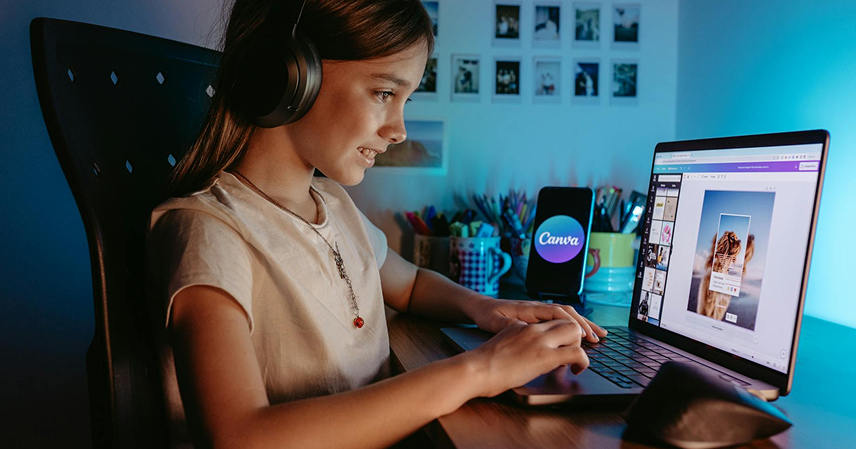The landscape of celebrity political engagement is changing. A notable shift is underway. During Donald Trump’s first term, many stars felt compelled to speak out. Their voices filled social media and traditional news outlets. Now, ahead of a potential second Trump administration, a different sentiment emerges. Prominent figures are expressing hesitation. This marks a significant departure from the past. It raises important questions about influence and effectiveness.
The Evolving Role of Celebrity Activism 🎬
Celebrity activism is not a new phenomenon. Stars have long used their platforms. They supported causes from civil rights to environmental protection. Historically, these endorsements aimed to raise awareness. They sought to mobilize public opinion. The digital age amplified this potential. Social media platforms offered direct access to millions. Yet, the effectiveness of these efforts remains a subject of debate. Does a famous face truly sway votes?
The “Trump Effect” and First-Term Outcry 📣
Donald Trump’s first presidency ignited a fierce wave of celebrity opposition. Many actors, musicians, and public figures voiced strong dissent. They used their social media accounts. They appeared at rallies. Some even funded political campaigns. The sentiment was often one of moral obligation. Stars felt a duty to speak against policies they opposed. This period saw an unprecedented level of vocal celebrity engagement. It seemed a clear stand was necessary.
The Shifting Sands of Influence: Why the Silence? 🤫
Today, a different narrative is taking hold. Celebrities like Jennifer Lawrence are questioning the impact of their words. Lawrence recently stated, “celebrities do not make a difference whatsoever on who people vote for.” This sentiment is gaining traction. She further suggested that speaking out only adds “fuel to a fire that’s ripping the country apart.” This highlights a concern for national division. Sydney Sweeney also articulated a similar stance. She believes her role is not “to tell people what to think.” This reflects a desire for neutrality. This shift indicates a growing awareness. Stars recognize the potential for backlash. They fear alienating diverse fan bases. The public’s reception of celebrity endorsements has also evolved. Many voters express fatigue or even resentment. They prefer to form their own opinions. The era of “Notes-app-made posts” dictating voter choices may truly be over. Authenticity and perceived relevance are now paramount.
The Taylor Swift Exception: A Case Study in Connection ✨
While many celebrities retreat, Taylor Swift stands as a notable exception. Her political engagement appears to resonate differently. Swift possesses an unparalleled connection with her fanbase. Her calls to action often yield tangible results. Her influence transcends typical celebrity endorsements. It stems from a deep, personal bond with her audience. This unique phenomenon suggests that genuine connection and perceived authenticity are key. They matter more than mere fame. Her impact highlights a crucial distinction. Not all celebrity voices carry equal weight or effectiveness.
Beyond Endorsements: A New Path for Influence? 🌍
If direct political endorsements are losing their power, what role remains for celebrities? Their platforms still offer immense reach. Many may pivot towards issue-based advocacy. They could support specific policies without endorsing candidates. Focusing on philanthropy or raising awareness for non-partisan causes offers an alternative. This approach can bypass political polarization. The emphasis might shift from telling people who to vote for. Instead, it could be about informing them on what issues matter. This refined strategy could allow stars to maintain influence. They could contribute positively without exacerbating divisions. The goal becomes fostering informed discourse. It moves away from overt political persuasion.
Key Insights 💡
- The effectiveness of celebrity political endorsements is increasingly questioned, leading to a more cautious approach from many stars.
- Celebrities like Jennifer Lawrence and Sydney Sweeney acknowledge the limited impact of their political opinions on voter behavior.
- A fear of exacerbating national division and alienating diverse fan bases contributes to this newfound silence.
- Taylor Swift represents a unique case, demonstrating that authentic connection with an audience can still translate into significant influence.
- The future of celebrity engagement may involve a greater focus on issue-based advocacy and philanthropy, rather than direct candidate endorsements.
- Voters are increasingly relying on their own research. They seek information beyond celebrity opinions.
The evolving stance of celebrities reflects a broader societal shift. It speaks to the complexities of modern political discourse. The days of easily swayed voters by a famous face may indeed be over. This places greater responsibility on individuals. Citizens must now critically evaluate information. They must make their own informed decisions. For celebrities, the challenge is to find new, impactful ways to use their platforms. They must navigate a highly polarized world, much like when the women who shaped the Beatles used their own influence.
Source: De Niro to JLaw: should celebrities be expected to speak out against Trump?



